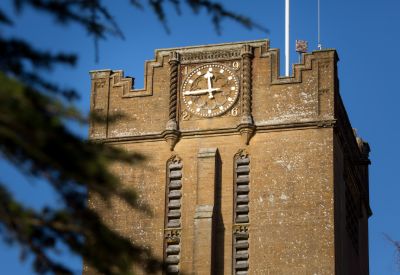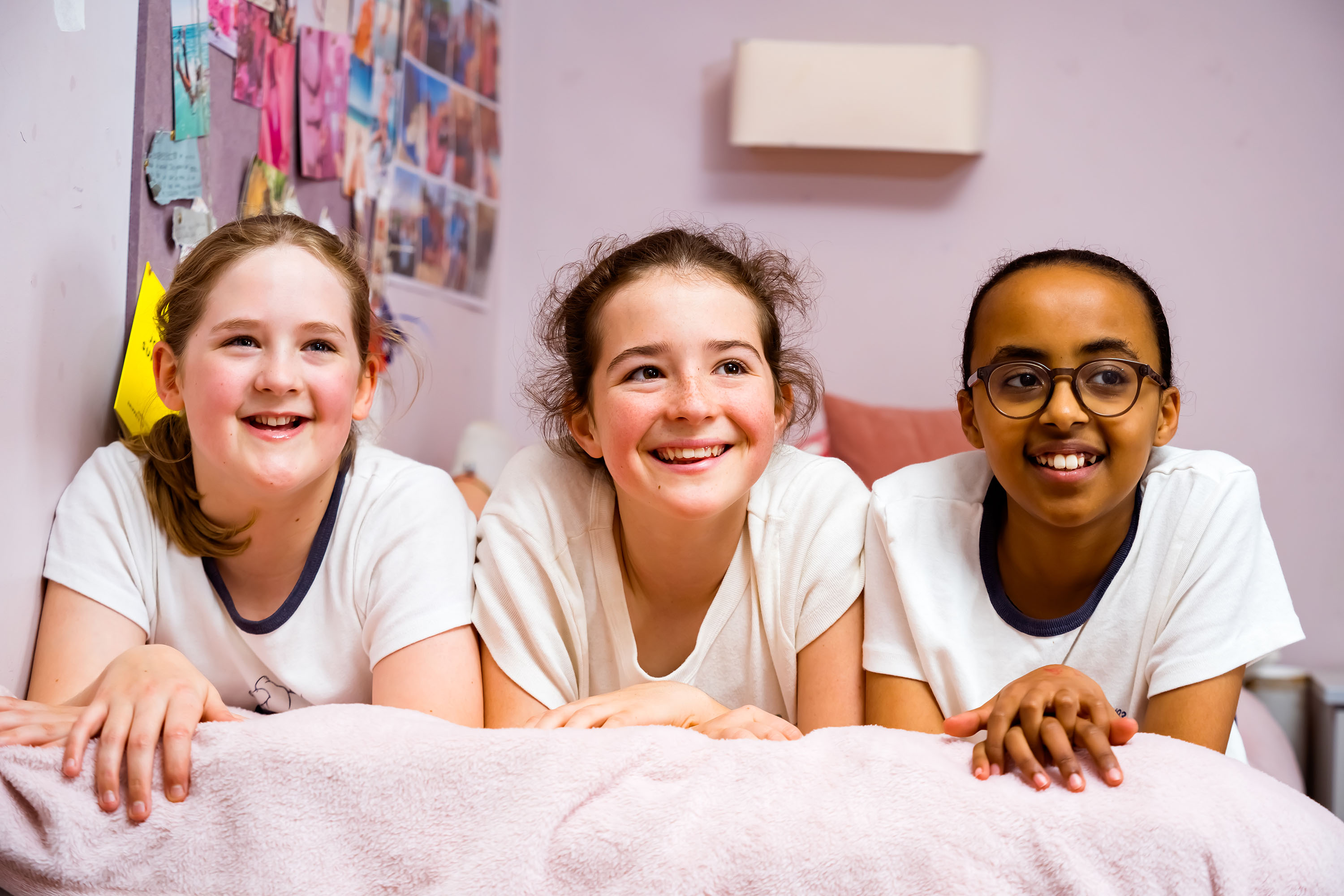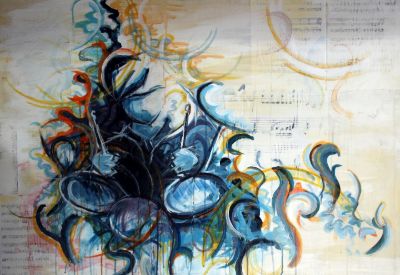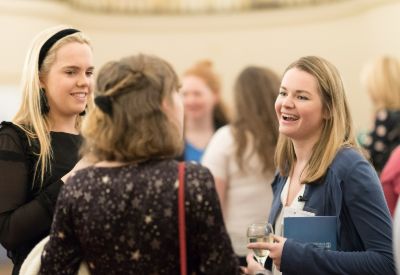
I set off for Hangzhou, a city on China’s east coast and home to the headquarters of tech giant Alibaba, in December last year with an aim to spend my gap year somewhat productively, building on my Chinese-language skills and forging connections in a country with burgeoning economic potential. I was to work as a live-in au pair for a five-year-old girl in a typical three generational Chinese household for six months. Looking back, even through COVID-tinted lenses, I wouldn’t have decided any differently.
Despite having learnt Mandarin throughout primary and secondary school, my ability to communicate was poor. Constantly having to tell people ‘No, I can’t speak any form of Chinese conversationally’ in response to their questions about growing up in Hong Kong made me cringe, and I was determined to break free from the ‘expat brat’ mould that my Chinese illiteracy relegated me to.
My first month in Hangzhou was spent in awe at the novelties of payment by facial-recognition software and super-cheap, delicious street eats, as well as lightning-quick delivery and high-speed rail services. Practicing my Chinese actually proved difficult because young locals’ English was so good, and when it wasn’t, I presented a rare opportunity for them to practice. After a frustrating experience applying for summer jobs to fund my trip to China in the UK, I was overwhelmed by the number of job offers I received daily from strangers wanting a European model or an English tutor for their children.
Blissfully ignorant of a virus that had likely already emerged, I did some travelling with my host family, visiting my host-mum’s provincial home-town and the historical capital of Nanjing. The former trip really brought home the height of the language barrier foreigners confront - once Mandarin is conquered there remain the towering layers of various local dialects which bear hardly any resemblance to one another.
.jpg) By late January the virus had taken centre stage, and though single parents might disagree, having a five-year-old as my sole company for three months wasn’t all that bad. We managed to play practically all sports but water polo from the inside of an apartment, using bottles as bowling pins, transforming milk cartons into a ping pong net, substituting boots for football goalposts, and the list goes on. I also discovered that, with a little creativity, a modest cardboard box or plastic bag goes a long way. Think dinosaur costumes, recycled dresses and miniature zoos inhabited by a whole food chain of origami animals..My student’s hyper-education, as is typical of many Chinese children, meant that I had a lot to learn from her; for one, she was more than my equal at chess. It’s interesting to note that while GCSEs and A-Levels were cancelled outright, the infamous Chinese ‘gaokao’, the national university entrance exam, has simply been postponed. While the virus’ scope was limited to China I had a unique story to tell family and friends about life behind closed doors, but of course everyone in the UK is now all too familiar with the realities of lockdown.
By late January the virus had taken centre stage, and though single parents might disagree, having a five-year-old as my sole company for three months wasn’t all that bad. We managed to play practically all sports but water polo from the inside of an apartment, using bottles as bowling pins, transforming milk cartons into a ping pong net, substituting boots for football goalposts, and the list goes on. I also discovered that, with a little creativity, a modest cardboard box or plastic bag goes a long way. Think dinosaur costumes, recycled dresses and miniature zoos inhabited by a whole food chain of origami animals..My student’s hyper-education, as is typical of many Chinese children, meant that I had a lot to learn from her; for one, she was more than my equal at chess. It’s interesting to note that while GCSEs and A-Levels were cancelled outright, the infamous Chinese ‘gaokao’, the national university entrance exam, has simply been postponed. While the virus’ scope was limited to China I had a unique story to tell family and friends about life behind closed doors, but of course everyone in the UK is now all too familiar with the realities of lockdown.
However, I did experience this lockdown and its subsequent easing under different conditions and government directives. For starters, many people in China, including all city residents, live in guarded residential complexes, making it easier for authorities to prevent and then monitor movement in and out of homes. Using a record that your mobile phone network had provided about your recent whereabouts, a personalised ‘health code’ was generated in either green, amber or red. A green health code, in conjunction with a mask, was essentially a passport - only when you had one of these could you leave your complex and enter any building, bus, train or other public indoor setting. Whilst walled estates and unlimited access to personal data served as assets at the height of the epidemic, the cultural norm of multi-generational households made the Chinese elderly more vulnerable to infection, arguably warranting the forceful measures that were taken.
Once people did start hesitantly venturing outdoors again, after about 10 weeks of lockdown, there was a noticeable shift in attitudes towards foreigners. Mothers who had once casually handed their babies over to me for a photo-op were now taking one look at my blonde hair and moving to the other end of the bus or train carriage. Police questioning became quite frequent and foreigners, who must have been in China long enough not to be imported cases due to a government ban on outside travel, were not permitted the same liberties to visit attractions once they did start opening up. Still, I got off easily compared to many Asian individuals in the West.
In the last month of my stay things opened up enough that I was able to do some more travelling, visiting Guilin,a favourite among Western tourists for its spectacular landscape of limestone karst hills. We were informed by our hostel staff that we were among the first westerners the area had seen since the outbreak. Whether we were brave trailblazers ready to tear the first opening in a web of red tape or irresponsible potential super-spreaders is open to interpretation. I got the opportunity to interact with many lovely locals who had seen incomes evaporate along with foreign tourists. Among them was a taxi driver who assured me that Brexit boiled down to a US conspiracy to weaken the Euro. Why hadn’t I thought of that before? Then again, I had also been unable to make the all too obvious connection between the outbreak of the virus in the UK and 5G masts.
So although many aspects of life in China were entirely removed from my experiences in the UK, my six months there also opened my eyes to many constants. On both sides, fear has turned people against outsiders, while susceptibility to misinformation is widespread. Yet adapting to the threat of infection has also seen boundless creativity as people from all quarters try to keep businesses afloat and cooped-up children entertained. The economic impact of the virus has been and will be devastating the world round. However, it could be mitigated if we could identify our commonalities through the political smoke and mirrors.
For any school leavers who have lots of time on their hands to plan next year’s gap year travels and are looking for an unforgettable and unique experience, I would wholeheartedly recommend China. Feel free to get in contact if you have any questions via [email protected].


_(1).jpg)








